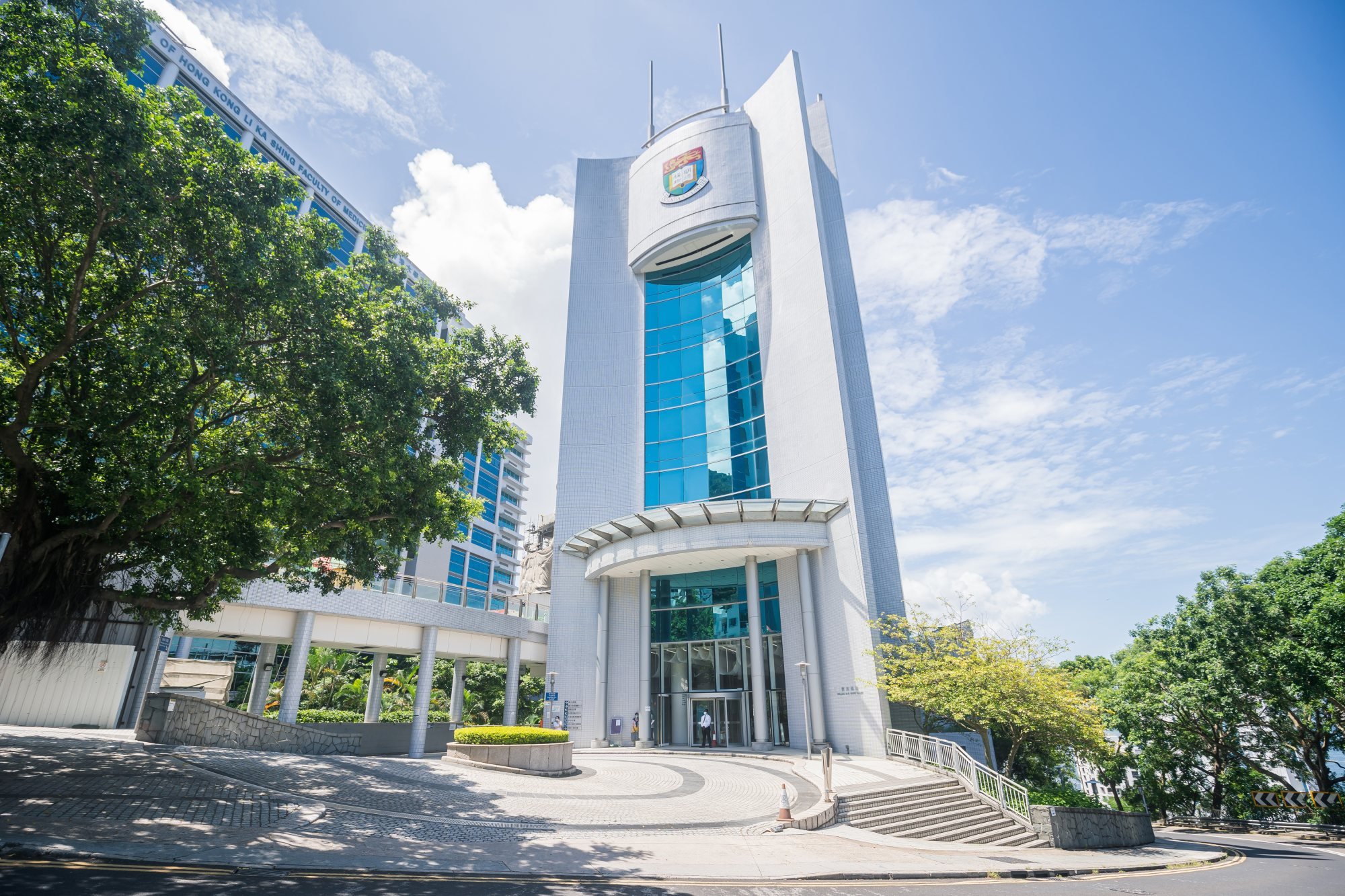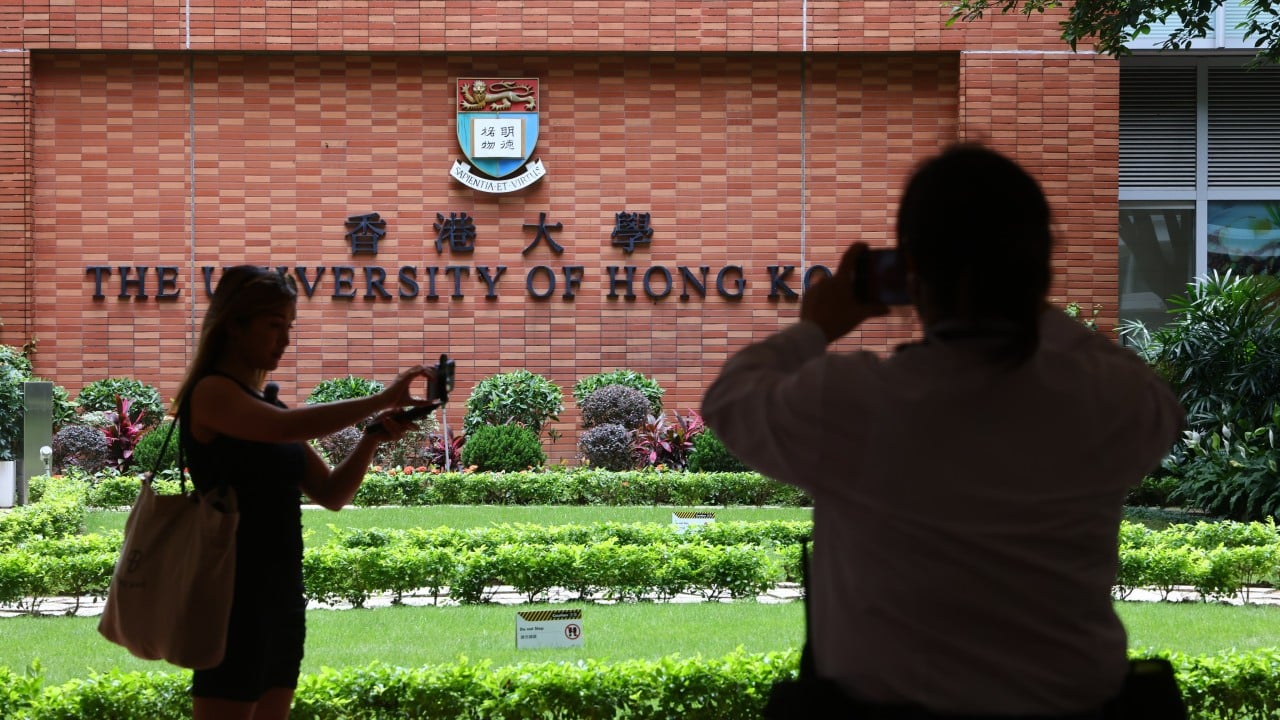Hong Kong’s oldest medical school plans to establish a new graduate-entry programme, with its dean expressing confidence the faculty can “significantly increase” enrolment in its regular degree by more than a third to 400 students a year.
The University of Hong Kong (HKU) announced the move on Saturday just days after the Post reported the Hong Kong University of Science and Technology (HKUST) was in talks with Imperial College London to set up the city’s third medical school.
The increased competition for talent is set against the backdrop of an ongoing shortage of doctors, with the government also outlining its vision for the city to become a biomedical hub in the region.
HKU’s medical school dean, Dr Wallace Lau Chak-sing, provided the initial details of the new graduate programme at the faculty’s congregation ceremony.
“This bespoke four-year programme will have the added benefit of accelerating the training of suitable candidates to help meet medical manpower needs, and further diversify the professional landscape,” Lau said.
He said the programme would provide a pathway for students who held a relevant undergraduate degree and were deeply motivated to become medical practitioners.
The medical school said the new graduate programme would cover the core content of the six-year undergraduate curriculum and offer flexible preparatory courses for students without a background in subjects such as chemistry and biology.
If the proposal is approved by health authorities, the school will start accepting applications as early as September this year and enrol the first cohort in 2025, with graduates able to practise in the city.
“The new programme will place a strong emphasis on clinical training, with intensive preclinical training in the first-year summer, and preclinical enhancement training provided in the second year for those who need it,” the school said.
The programme would also promote research innovation and collaboration between disciplines, integrating knowledge from various disciplines into medical development.
The school said it was also working to enhance its campus facilities and infrastructure, and was prepared to “significantly increase” the number of medical student places in the future.
“We are confident that with the relevant authorities’ approval, the school has sufficient hardware and software resources to expand the annual intake of medical students from the current 295 to an eventual target of 400,” said Lau.
“As Hong Kong’s population is ageing rapidly, the cultivation of more outstanding medical talent has become increasingly urgent.”
The Post reported earlier this week that HKUST was discussing establishing a medical school with Imperial College London, with a detailed proposal to be submitted to local authorities by the end of this month.

A source familiar with the arrangement said on Monday that HKUST had discussed the option with educators from the top British institution, which also jointly operates a medical programme with a university in Singapore.
HKUST president Professor Nancy Ip Yuk-yu said earlier that the university aimed to establish a medical school before mid-2027 and was considering recruiting students who already had a first degree.
She told the Post in May that doctors trained at the proposed school would be tech-savvy and capable of conducting clinical investigations.
The institution would also place a stronger emphasis on research and development as the city looked to become a biomedical hub.
The Health Bureau said earlier this week that it would consider a range of factors when reviewing a proposal for a medical programme, including the development needs of the healthcare system, local manpower projections, the demand and supply of teaching staff, and the relevant teaching and training facilities.
It would also make further considerations after discussions with relevant policy bureaus on the development of tertiary institutions, financial resources required and land supply for university campuses.
The programme must also be accredited and recognised by the Medical Council of Hong Kong.


